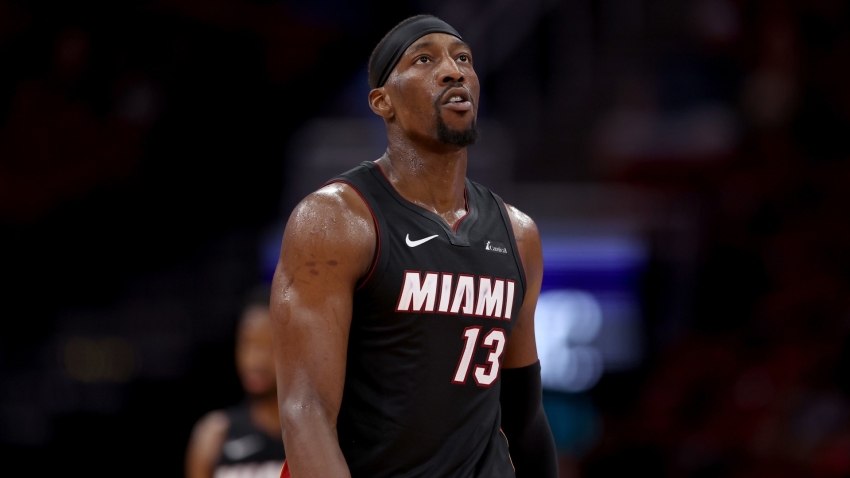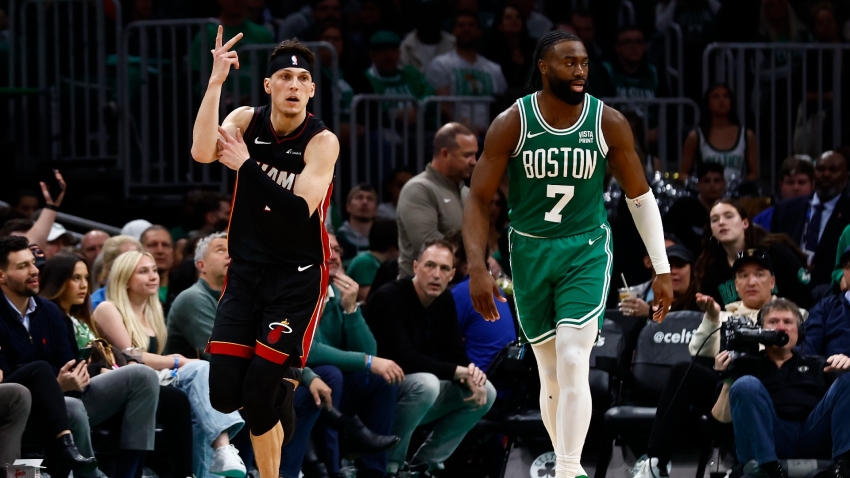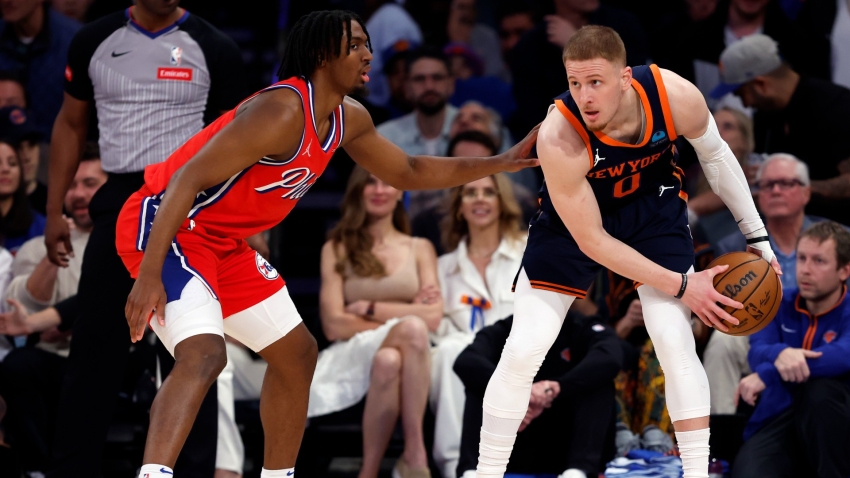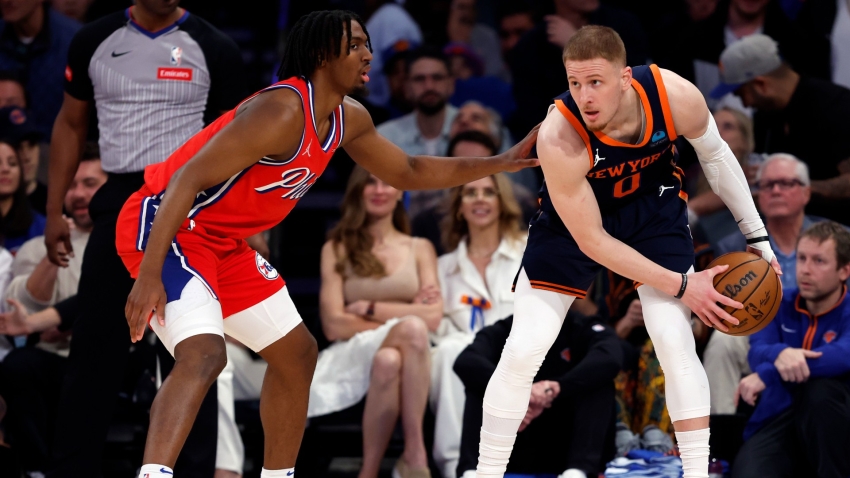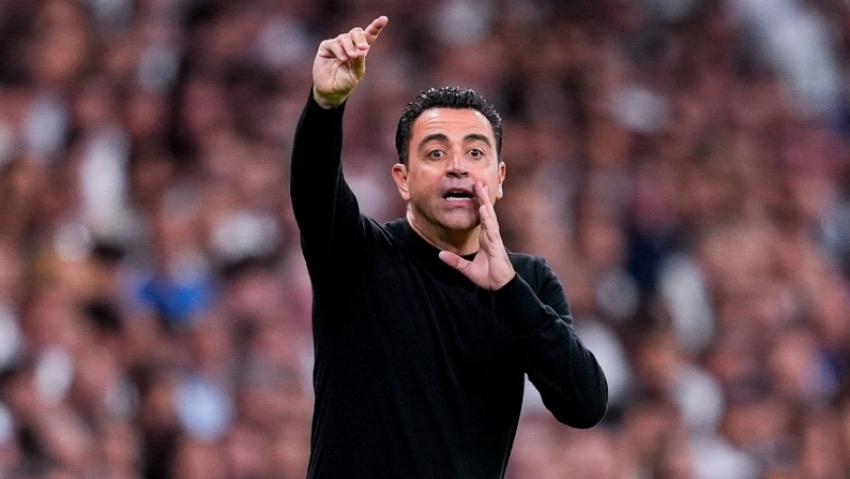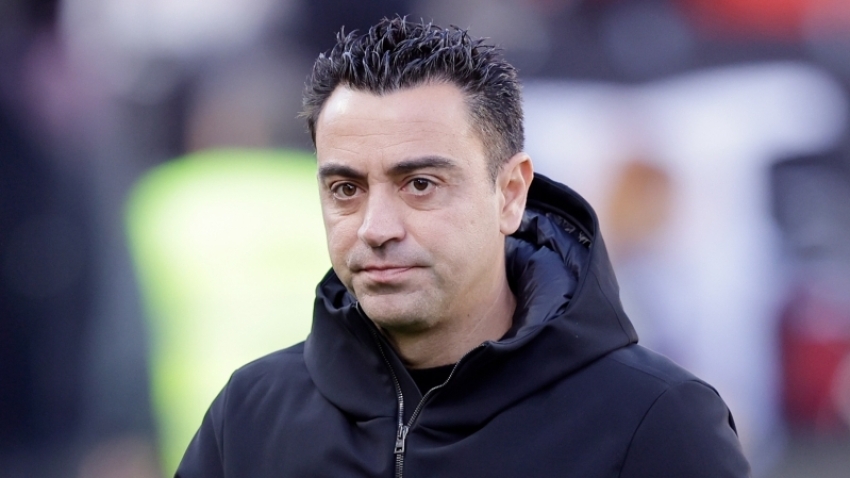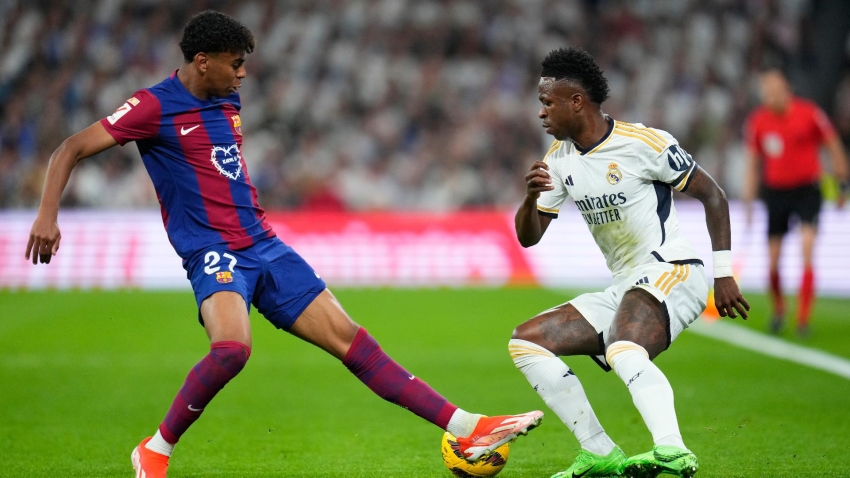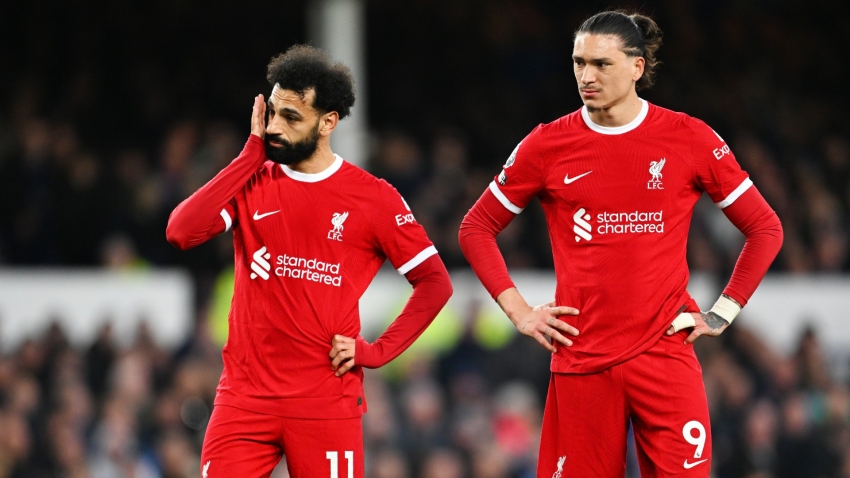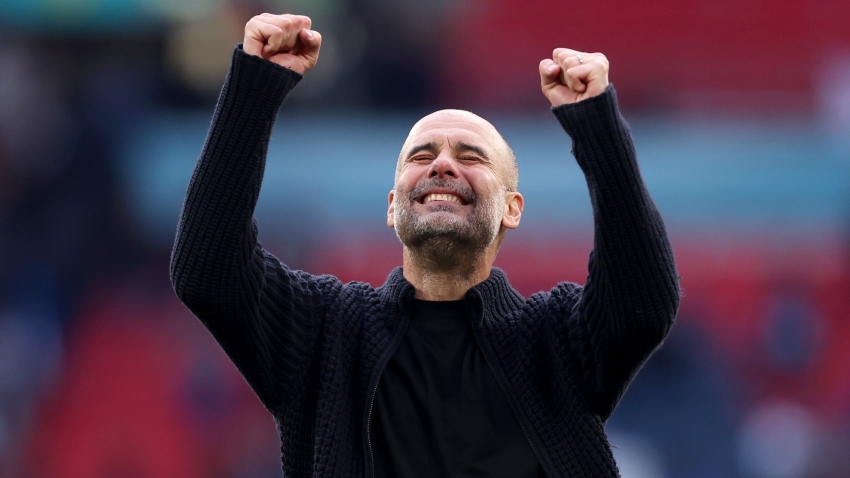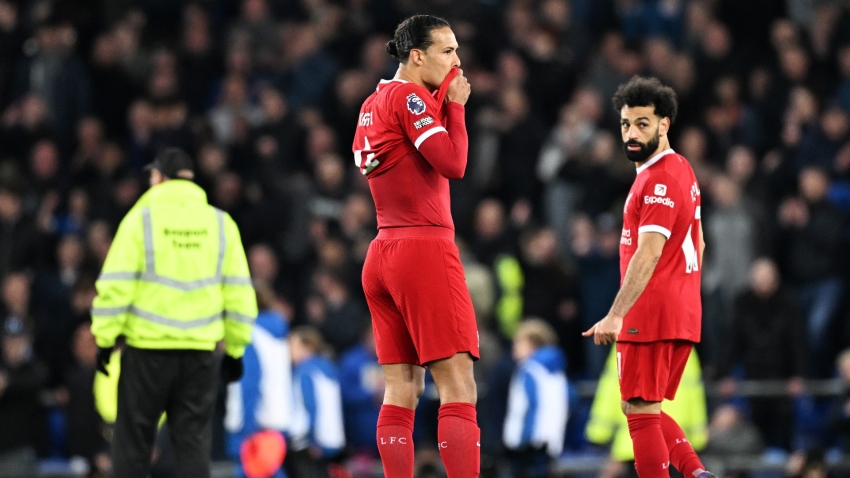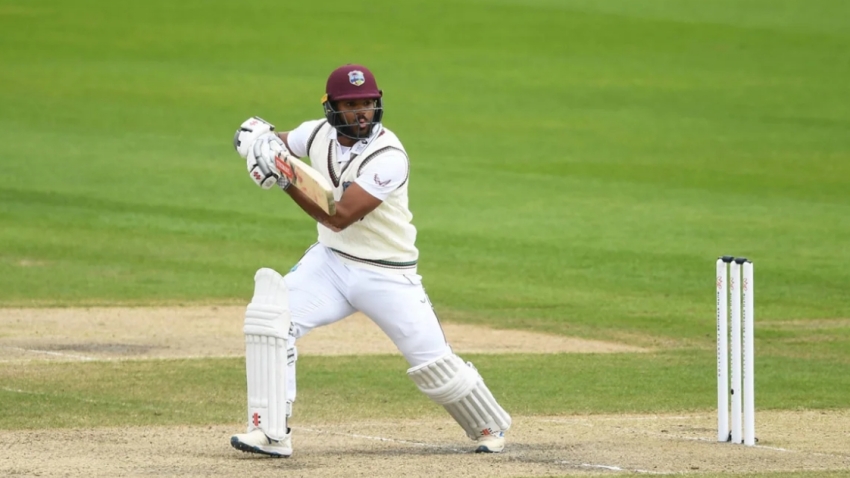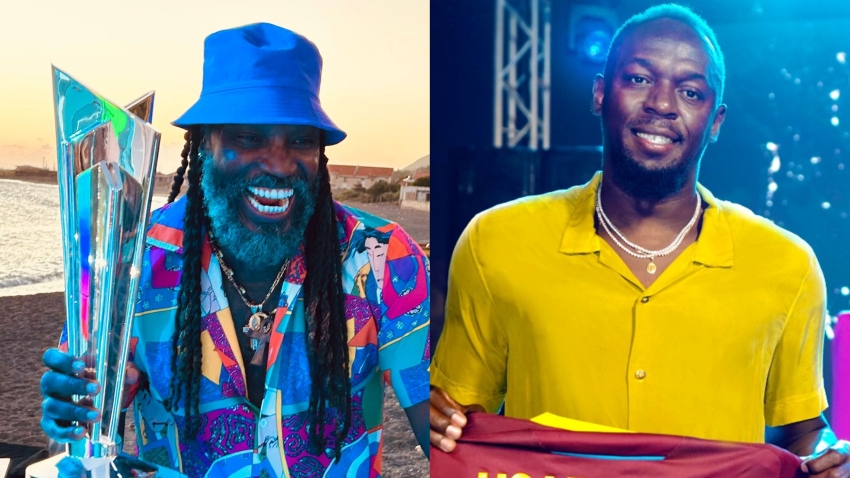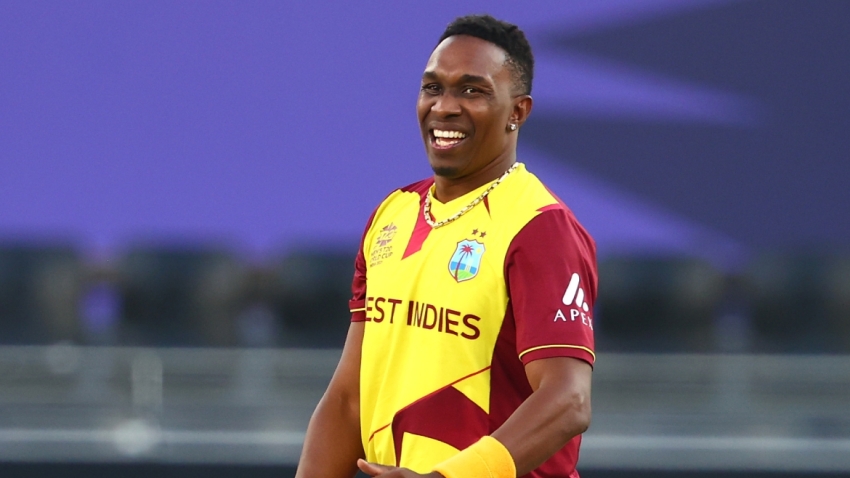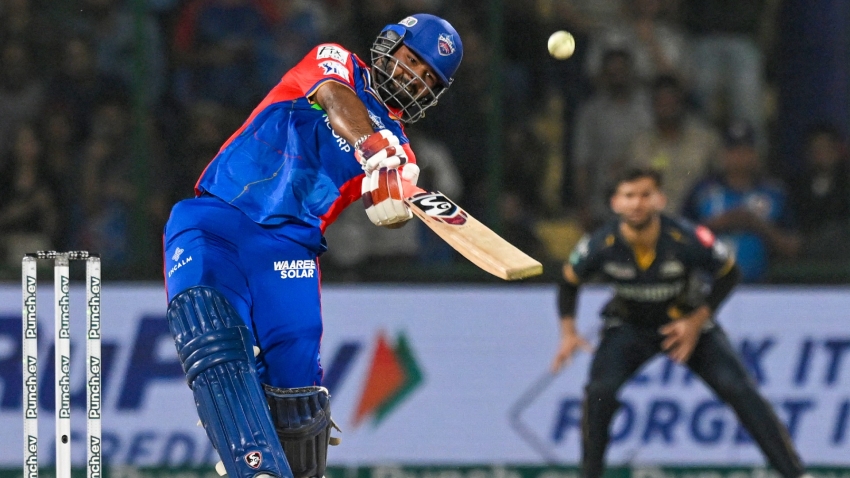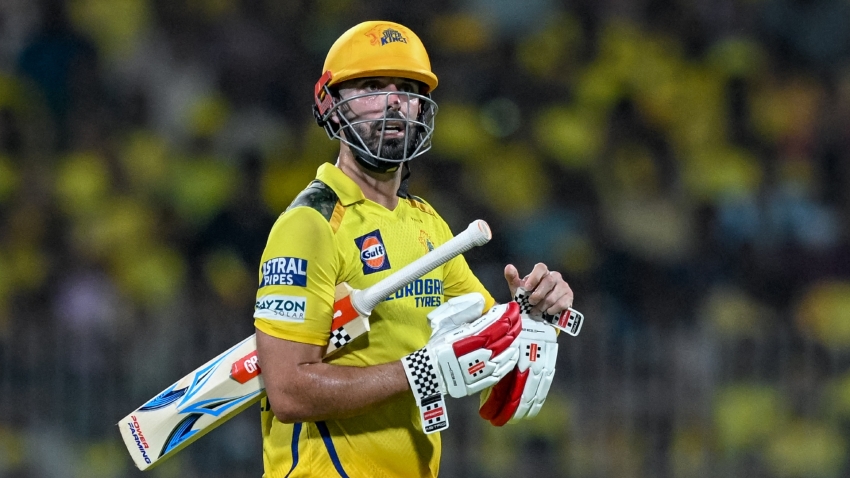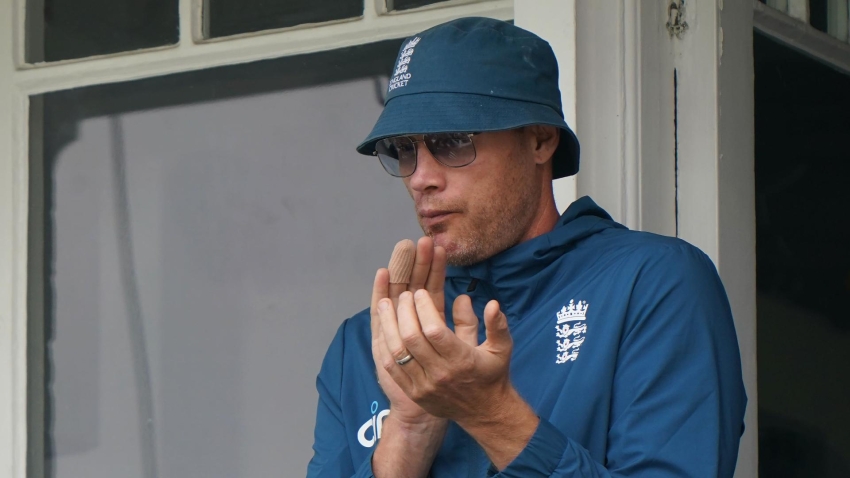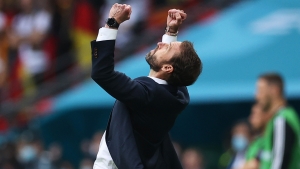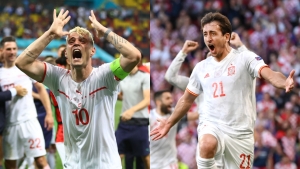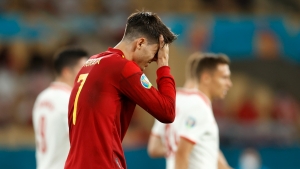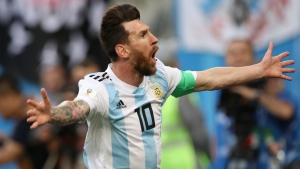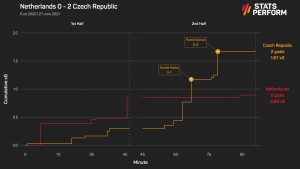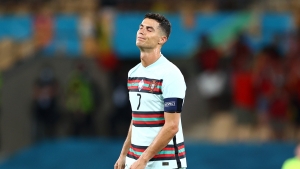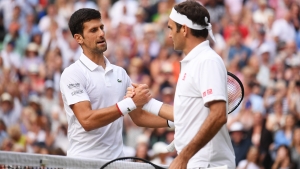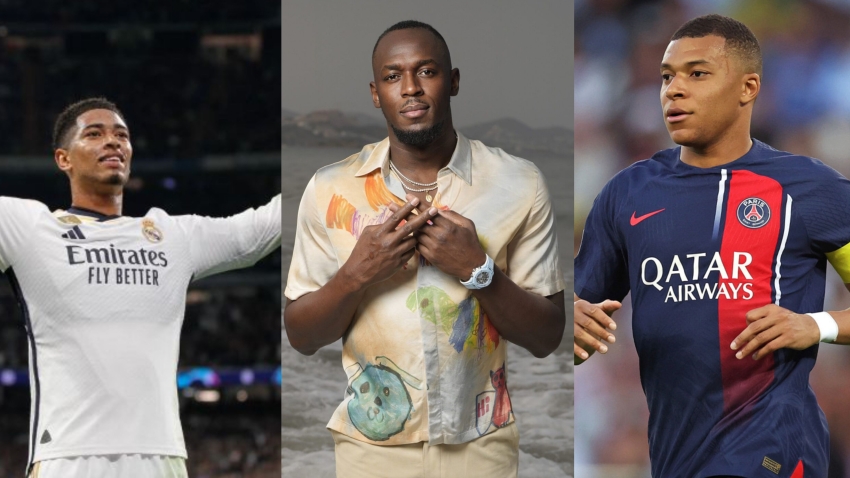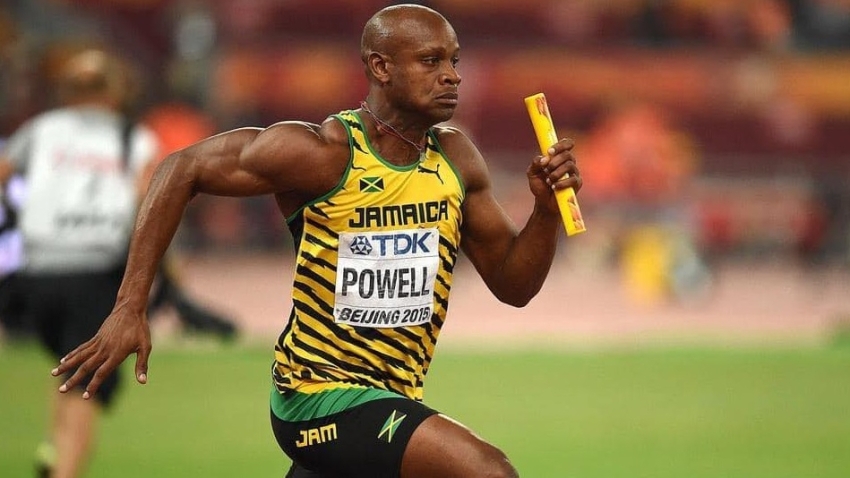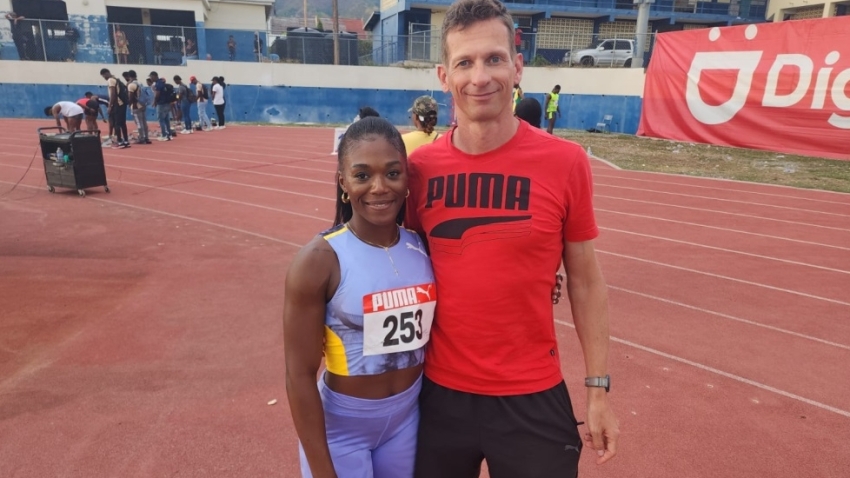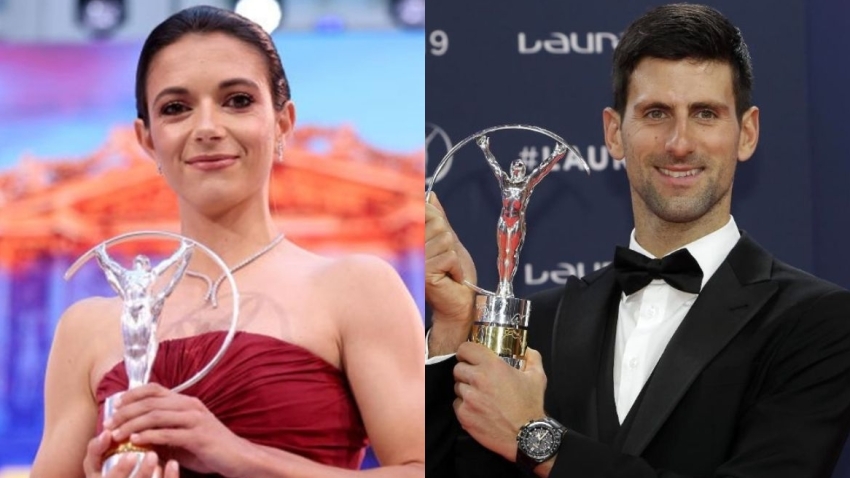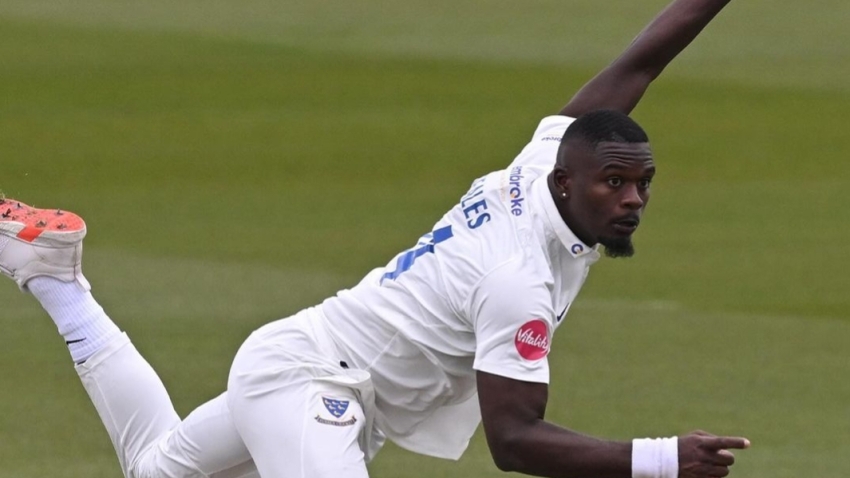The Eastern Conference Finals took a titanic turn in Game 3 when the Atlanta Hawks' star point guard suffered a freak injury.
An unfortunate injury to the 'Greek Freak' in Game 4 presented yet another massive twist in this series.
With Trae Young considered questionable and Giannis Antetokounmpo listed as doubtful for Thursday's Game 5, the path to the NBA Finals got significantly more challenging for the Hawks and Milwaukee Bucks.
Knotted at 2-2 in the East, the question now becomes which team is better equipped to overcome the loss of its superstar.
The first major injury setback of this series occurred with the Hawks up by three points in the final minute of the third quarter on Sunday, when Young accidently stepped back onto the foot of an official after passing the ball. He went down and stayed on the court until the next whistle before heading to the locker room.
While able to return in the fourth quarter, Young was not his normal explosive self. He hobbled his way to just three fourth-quarter points on four shots and Atlanta was outscored by 15 when he was on the court as Milwaukee pulled away for a 113-102 victory to take a 2-1 series lead.
A day after the game, an MRI revealed a bone bruise in his right ankle and although he was able to go through morning shootaround prior to Tuesday's Game 4, he was ultimately ruled out shortly before tipoff.
The second enormous injury in the series arose a few hours after Young was scratched.
Midway through the third quarter of Game 4, Antetokounmpo jumped to try to defend a Lou Williams alley-oop pass to Clint Capela and his left knee buckled awkwardly while landing. After remaining on the floor in pain for several minutes, he made his way to the locker room and was diagnosed with a hyperextension. An MRI the following day showed no structural damage.
The Bucks fell behind by 10 on Capela's dunk on the play Antetokounmpo was hurt and shortly after he exited Atlanta went on a 15-0 run to put the game away in a 110-88 win.
That run was fuelled by a trio of 3-pointers by Bogdan Bogdanovic, who finally looked he has overcome his own injury.
Bogdanovic has been saddled by right knee soreness that Hawks coach Nate McMillan said began to crop up in Game 5 of Atlanta's Eastern Conference series against the Philadelphia 76ers.
In the Hawks' five-game first-round series against the New York Knicks and their first four games against the 76ers, Bogdanovic averaged 16.4 points on 41.4 per cent shooting and 34.6 percent from 3-point range. His 27 3-pointers led the team and Young was the only Hawk to average more points at 28.3 per game.
In those first nine playoff contests, Bogdanovic also played more minutes than any Hawk, averaging more than 37 a game.
Over the next six games, however, he averaged 6.2 points on 26.8 per cent shooting and 16.7 per cent on 30 3-point tries in a little over 25 minutes per game.
In need of a spark with Young sidelined in Game 4, Bogdanovic shook off any lingering ailments and poured in 20 points while draining six 3-pointers – one more than he made in his previous six games combined. He once again found his shooting stroke on wing 3-pointers, connecting on 5-of-6 shots from there after misfiring on 18-of-20 attempts in the previous six contests.
Not only is his production invaluable for the Hawks, Bogdanovic also excelled when teamed with Young's replacement.
Bogdanovic played 28:55 minutes with Williams and made 7 of 15 shots and half of his 12 3-point attempts when they were together. In just under five minutes without him, Bogdanovic missed all four of his shot attempts – including a pair of 3-point tries.
This entire postseason, Bogdanovic has shot better from 3-point range when teamed with Williams, connecting on 41.9 per cent (13 of 31) with him compared to 27.5 per cent (25 of 91) without him.
While Bogdanovic stepped up, so did the man who was inserted in the starting lineup in place of Young.
In his first career playoff start in his 87th postseason contest, Williams made an immediate impact. The three-time Sixth Man of the Year had 13 points by half-time – the same number of points he had in the first three games of the East Finals – and finished with a game-high 21 points on 7-of-9 shooting.
In 35 minutes, the 16-year veteran had just one turnover while assisting on eight baskets, with three going to Capela as the two worked the pick-and-roll.
At 34 years old, Williams obviously is not as dynamic as the 22-year-old Young, whose averaging 29.8 points and 9.5 assists in the playoffs, but he proved to be plenty capable of leading Atlanta's offense, as he either scored or assisted on more than a third of the team's 43 made baskets.
Similarly to Young on the Hawks, it’s impossible for the Bucks to replace Antetokounmpo, who was averaging 29.2 points, 13.0 rebounds and 5.4 assists in the 14 games before his injury.
Good news for Milwaukee, however, is it has not had that big of a drop-off in production without him this postseason. The Bucks are averaging 108.7 points per 100 possessions with him on the court in the playoffs compared to 103.2 without him. By comparison, the Hawks are averaging 110.3 points per 100 possessions with Young on the court in the playoffs and 97.5 without him.
Bobby Portis and Brook Lopez are expected to handle more minutes with the backcourt tandem of Khris Middleton and Jrue Holiday shouldering more of the offensive load, and all four have shot the ball a bit better this postseason when not on the court with the two-time league MVP. (Middleton 47.9 per cent without Antetokounmpo/41.1 per cent with him, Holiday 45.5 per cent without/40.4 per cent with, Lopez 58.8 per cent without/53.9 per cent with and Portis 54.3 per cent without/45.8 per cent with.)
Middleton, meanwhile, has also already proven he can pick up the scoring slack.
He had eight of Milwaukee's first 10 points after Antetokounmpo left on Tuesday, and has three games this postseason with 35 points or more. In Bucks franchise history, only one player has more 35-point games in a single postseason and that just happens to be Kareem Abdul-Jabbar, who had six in 1973-74 and five in 1969-70.
Ultimately for Milwaukee, it could simply come down to Middleton's ability to make shots as the biggest difference between the team winning or losing. This postseason, the Bucks are 9-0 in games when Middleton shoots 40 per cent or better and 1-5 in games when he fails to reach that mark.
It is obviously not an ideal situation to be in, but Antetokounmpo and Young could still end up playing, though if they do suit up neither will likely be at full strength.
Both teams have also found some success navigating their way without their best players – the Bucks were 6-5 in the regular season without Antetokounmpo and the Hawks improved to 6-4 this season without Young on Tuesday.
Thursday's game is unlike any of those previous contests, however, with the winner moving one victory away from a berth in the NBA Finals.


